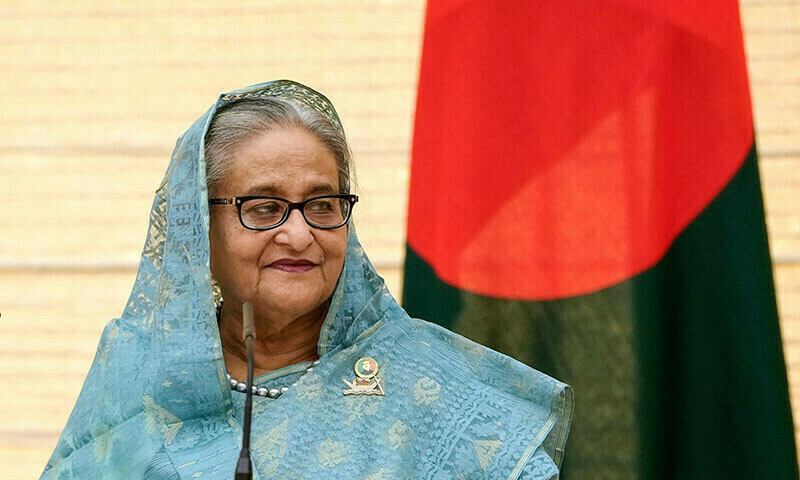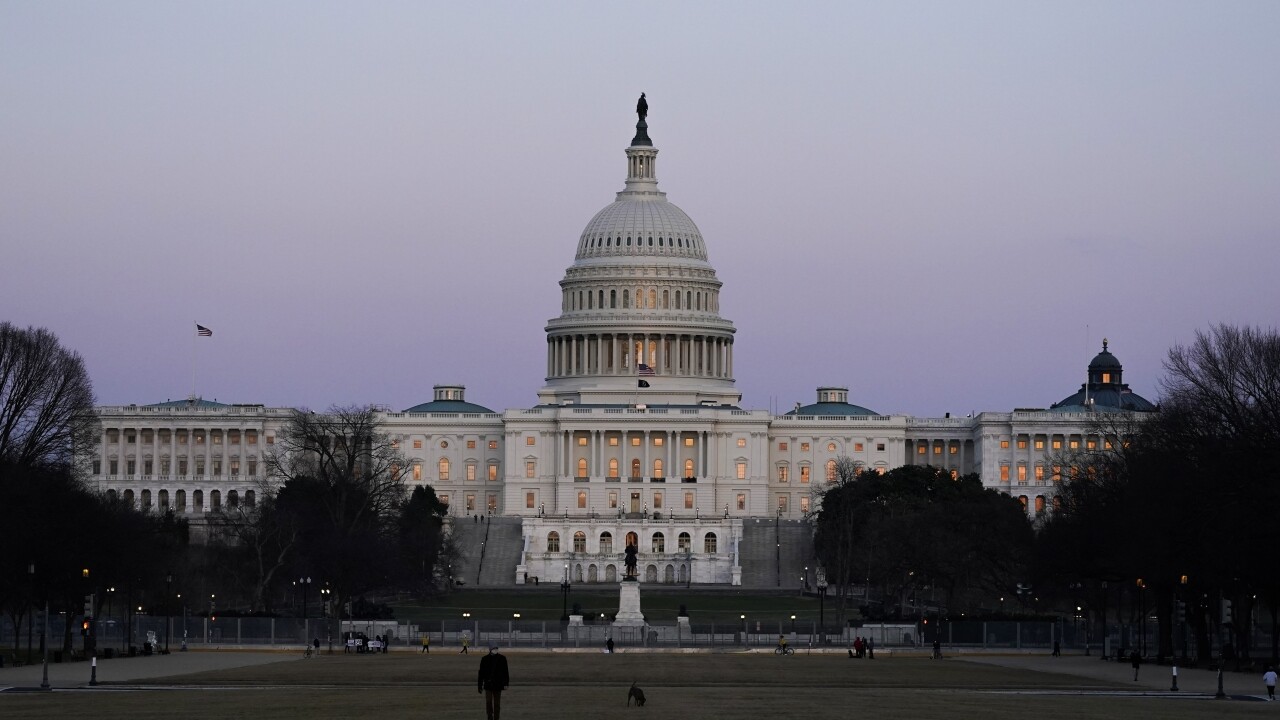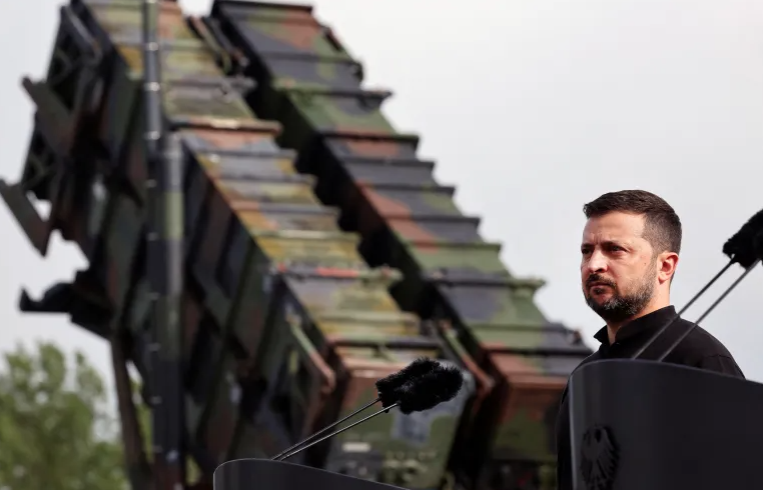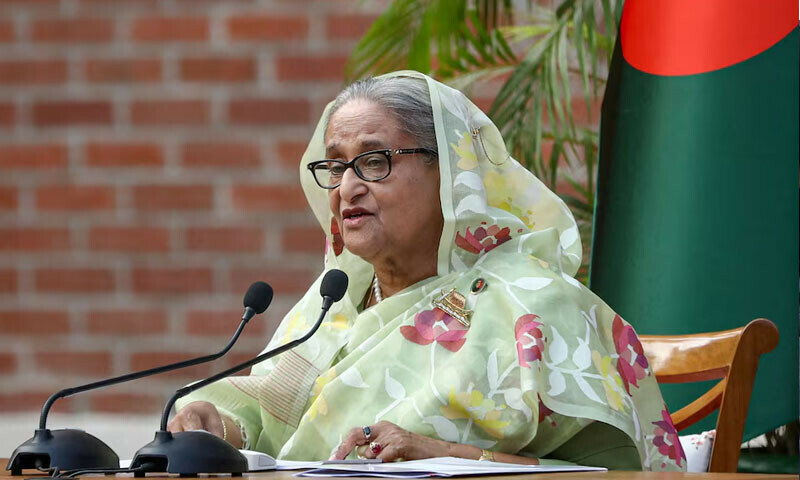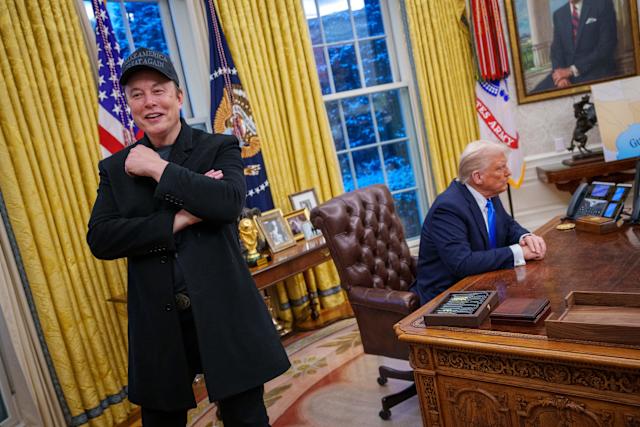WORLD NEWS
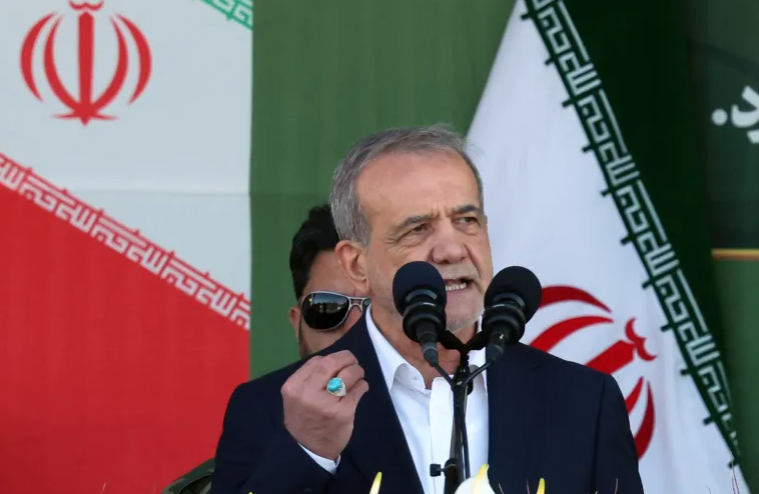
Iran has formally suspended its cooperation with the International Atomic Energy Agency (IAEA) following a series of deadly Israeli and U.S. strikes on its nuclear facilities last month. President Masoud Pezeshkian signed the bill into law on Wednesday, intensifying tensions with the UN nuclear watchdog and Western powers.
Iranian state television confirmed that Pezeshkian had promulgated the law, which was passed by parliament last week. The law suspends IAEA access to nuclear facilities unless specifically approved by Iran’s Supreme National Security Council.
“Masoud Pezeshkian promulgated the law suspending cooperation with the International Atomic Energy Agency,” state TV announced.
Rising Tensions with IAEA
The decision comes amid a sharp deterioration in relations between Tehran and the IAEA. Iran’s Foreign Minister Abbas Araghchi recently accused IAEA Director-General Rafael Grossi of bias and failure to condemn Israeli and U.S. military strikes during the 12-day war that erupted on June 13.
Grossi is now barred from visiting Iran, and Tehran has rejected his request to inspect bombed nuclear sites at Fordow, Isfahan, and Natanz. The sites were targeted by Israeli and American missiles in what Tehran described as acts of aggression and war crimes.
Araghchi, in a strongly worded statement on X (formerly Twitter), warned:
“Grossi’s insistence on visiting the bombed sites under the pretext of safeguards is meaningless and possibly even malign in intent. Iran reserves the right to take any steps in defence of its interests, its people and its sovereignty.”
Tensions further escalated after the IAEA’s June 12 resolution, which accused Iran of non-compliance with its nuclear commitments. Tehran claimed this resolution gave cover for the subsequent Israeli assault.
Iran’s conservative media has also lashed out at Grossi. The influential Kayhan newspaper accused him of spying for Israel and called for his execution—allegations Iran later dismissed as not representing official policy.
Casualties and Fallout
Iran says at least 935 people, including 132 women and 38 children, were killed during the 12-day bombardment, according to judiciary spokesperson Asghar Jahangir.
Tehran’s response included missile and drone strikes on Israeli military sites, killing 28 Israelis, according to Tel Aviv.
The U.S. also carried out unprecedented attacks on Iran's nuclear infrastructure, with former President Donald Trump declaring the strikes had “obliterated” Iran’s nuclear program.
However, Foreign Minister Araghchi, in a recent CBS interview, countered:
“One cannot obliterate the technology and science… through bombings.”
Global Reactions
France, Germany, and the UK have condemned "threats" against Grossi, while the IAEA says it awaits formal communication from Tehran.
The diplomatic fallout comes as Iran continues to reject accusations that it is pursuing nuclear weapons, insisting its program is peaceful.
A ceasefire between Iran and Israel took effect on June 24, but tensions remain high with future diplomacy uncertain amid continued distrust on both sides.
